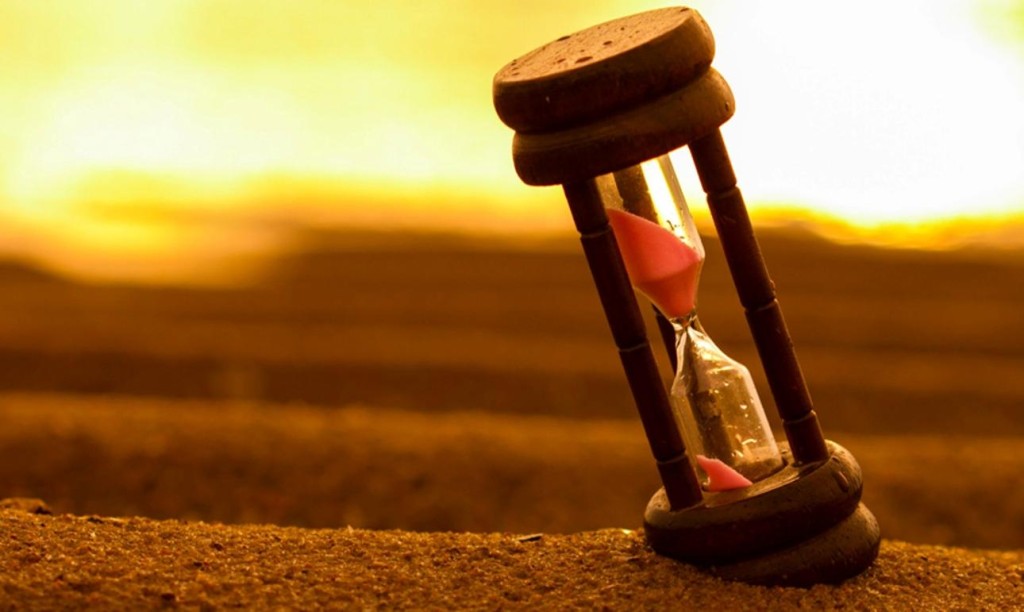The path from theism to atheism is unique to the individual, but rarely is faith the sole casualty of one’s ideological odyssey. Indeed, it often entails the renovation of one’s perspective on life and death. The notion that life represents a mere chapter in our existence is reinforced in the pulpit almost to the point of intuition, so shedding one’s religious beliefs tends to come with the realization that life is temporary. This has some rather obvious implications for the non-believer.
Specifically, we are inclined to appreciate the one life we are guaranteed, to live for the moment, and to make the most of whatever time we have on this earth. That is how it is supposed to work, at least in theory. But in much the same way atheists attempt to answer charges of spiritual bankruptcy by claiming to get dewy-eyed at the sight of any sunset, coastline or mountain range, this claim often resembles apologism for a world view that is ultimately pretty bleak.
I don’t doubt there are some who derive inspiration, joy, or comfort from the knowledge that we only get one shot at this. I’m just not among them, and I sincerely doubt the fact of our mortality provokes euphoria in most intellectually honest atheists. In my view, the upside of this reality pales in comparison to its many downsides.
I’ve had some minor cause to reflect on the subject of death recently. My mother has been living with severe abdominal pain over the past several months, and we are still awaiting a diagnosis. Naturally, my mind immediately went to any stomach ailment that might be terminal. This was followed by many googling sessions designed to disconfirm my vague diagnosis of “something potentially fatal”. That it might be something as benign as a protracted case of trapped wind just isn’t plausible to someone as pessimistic as I am. But I digress.
Christopher Hitchens viewed the idea of an immortal father figure as nightmarish. The thought of never being rid of his parents seemed to be a central feature of his own personal hell. I’m not entirely sure why, but it’s probably tied in with his views on freedom and totalitarianism. His fear isn’t one I can relate to. In my case, the opposite is true. The thought of my own death bears no emotional significance to me in comparison to the thought of losing my parents.
The fact that our relationship is temporary disturbs me. How much we love each other will ultimately count for nothing. Once they are gone, they will live in my memory for a time. When I die, that relationship is gone forever. We will never see each other again, nor will we even be conscious that the relationship existed. We will cease to be in any meaningful sense. If that fact—whatever personal relationship you apply it to—is trumped by any upside of our mortality, I am either unaware of it or simply don’t value it as much as you do.
This is a rather gloomy piece, and I certainly don’t mean to give the impression that I wander around depressing people like I’m the Dylan Thomas of casual conversation. My moment-to-moment perception of the world isn’t influenced by my views on mortality. You have to catch me in the right—or indeed wrong—mood to get this sort of dreary output. However, I do think some of my fellow atheists undersell the comfortless aspects of atheism, perhaps in order to make it seem more palatable to those on the outside. Or maybe I’m just an outlier in this context, and everyone else is genuinely at ease with death.

